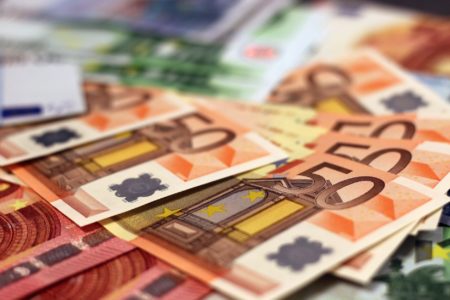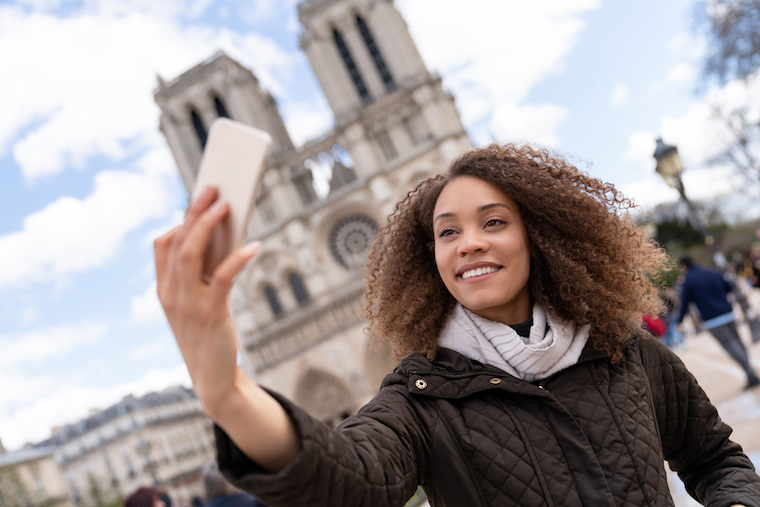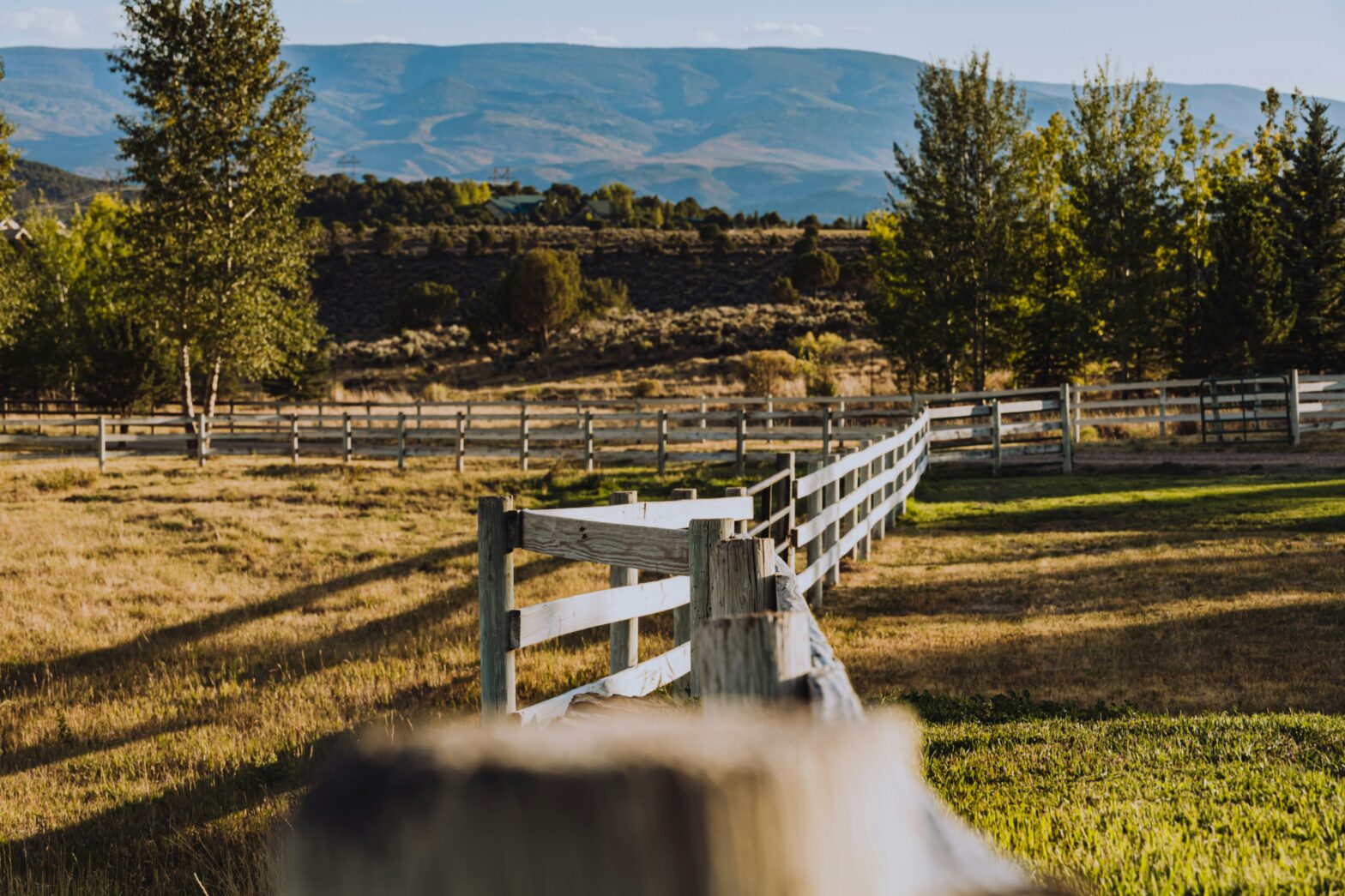Paris, also called The City of Light, continues to be one of Europe’s most popular destinations for getaways of all kinds, attracting some 30 million tourists during a normal year. If you have plans to go, familiarize yourself with the cultural norms so that you don’t come off like an obnoxious foreigner. You can be true to yourself, but still be aware that what’s normal for you at home might not fly in Paris.
The cultural practices and taboos listed here are generally applicable across France, but of course, our focus is the capital. An important disclaimer: Parisians are as varied as the residents of any other city, but there are certain traits you’ll find almost across the board.
Ready to jet off to this wonderful city? Here are thirteen things to keep in mind when hitting up Paris.
1. Small Talk Isn't The Norm

Some say the French are coconuts; hard on the outside with a soft core.
As they get to know you, they open up, but access isn’t granted immediately. They aren’t fans of small talk or smiling at strangers, and for this reason, they are labeled as rude.
But is this fair? Not really. First of all, the idea that one must chat with a random person on the street in order to be polite, or smile for the sake of smiling, is very American in origin.
We smile because we’re a melting pot of different cultures and languages, and this is a way to bridge them. But if you do this anywhere in France, don’t be surprised if there’s little to no reciprocity.
2. Don't Boast About Your Salary

Cultural differences are something, aren’t they?
In The United States, talking openly about sex still makes people clutch their pearls, but talking about what you are paid is acceptable.
In France, the opposite applies.
Discussing your salary is a surefire way to drive a wedge between yourself and your French companions, who may make less or more than you do.
Save the paycheck flexing for when you’ve returned home.
3. Greetings Matter

Most of us say “hello!” followed by “how are you?” even if we don’t really care how the other person is.
In Paris, a simple bonjour will suffice when talking to a shopkeeper and merci when they’ve helped you. That’s it. No need for a comment ça va? or the formal comment allez-vous? It’s seen as invasive and unnecessary.
Also, it’s common for French women to greet each other by kissing both cheeks. Hugs are usually saved for family, close friends, and lovers.
If you aren’t keen on physical contact, you can always wave or say, salut!
4. The French Don't Play About Their Bread

Bread has been a staple in the French diet forever, and it’s so versatile. You can eat it as it is, spread butter on it, jam, or a soft cheese like Brie.
Did you know that part of what fanned the flames of The French Revolution (aside from the excess of the monarchy), was a spike in the cost of bread, making it too expensive for the working class? True story.
The enthusiasm for bread hasn’t ebbed over time, and if you want to experience the bliss of a freshly made baguette, get to the boulangerie in the morning.
The Traveler notes, “some boulangeries close over the lunch period, and may close altogether if they have run out of fresh bread. They will sell various other types of artisan bread, but if you want a fresh baguette, go early in the morning.”
5. When The French Don't Like Something They Protest

From The French Revolution to the student protests of 1968, the people of France know how to make noise when authority has crossed a line.
In 2019, I was staying in an apartment off the Champs-Élysées, close to a Yellow Vest protest. This avenue was a focal point due to its wealth, and over the course of my stay, shop windows were defaced and destroyed, and a few banks were incinerated.
I saw some clashes between citizens and police, and tear gas was used, which blew off the avenue and onto the side streets. It was jarring to witness as an outsider, but I can’t say I personally felt unsafe.
If a protest breaks out while you’re in town, the chances of you being a target are remote.
6. Break Large Bills in Touristy or More Affluent Areas

When I was eating at a restaurant near Père Lachaise out in the 20th arrondissement, I hadn’t had a chance to break my 100 Euro bill yet.
The waiter reluctantly took it, even though what I ate was about 10 Euros. He was kind enough to explain that in the future, I should break large bills in advance, because it’s hard for humble businesses to do it.
What are some affluent areas? The 1st and 2nd for sure, where the top museums are, Le Marais which takes up the 3rd and 4th arrondissements, and of course the 8th, where the Champs-Élysées is.
Speaking of money, you’re not required to tip waiters and bar staff in France.
7. There Is More To France Than Paris

Paris is a fabulous city, but there’s so much potential beyond.
If your time and funds allow, take a train to Normandy, filled with World War II history. All these years after D- Day, there is still a heavy cloud over Omaha Beach.
The Cote d’Azur is marvelous, especially St. Tropez and Nice in the summer. More inland is the commune of Grasse, a perfume capital.
Are you the active type? Biarritz is great for surfing, while the Pyrenees mountains offer hiking and mountain biking opportunities.
8. Understand The Basics of Formal and Informal In French

There is a formal and informal way to address people in French, and the verbs change accordingly.
Vous is the way to go, especially if you’re talking to an older person, an authority figure, or somebody you don’t know. The last thing you want to do is rub them the wrong way by being too familiar.
Save the informal toi and tu for folks you know already.
9. Avoid Political Discussions

Some Americans harp on how the French would be speaking German if The United States hadn’t liberated them during World War II.
If you go to Normandy, the site of the D- Day invasion, it is true that you’ll see a lot of statues and other nods to the American war effort.
But gloating about this period of history, which consisted of unimaginable suffering is tasteless. Don’t do it.
The same goes for modern politics; unless you want to get into a shouting match, find something less incendiary to discuss.
10. Religious? Agnostic? Atheist? Keep it Private.

Whether you practice a religion or not, it’s a personal thing that doesn’t need to be discussed. Stay in your lane, and others will stay in theirs.
According to Cultural Atlas, Catholicism is the most observed religion in France, but you’ll also find Muslim and Jewish citizens.
Rue des Rosier in Le Marais has plenty of kosher shops and there’s a synagogue nearby.
That said, for all the churches and other religious buildings, there is a pervasive air of laїcité, or secularism.
11. Don't Arrive At Dinner Parties On Time

Fashionable lateness is embraced in France, and to some extent, it is here as well, particularly for social events.
If you’re invited to a dinner party at 8 PM, and you show up on the dot, it suggests you have nothing else to do.
But the other extreme isn’t good either. Aim to arrive no more than 15 to 30 minutes late.
12. Be Mindful Of Your Volume

Storytime.
I was on a train from Paris to Normandy, and was just dozing off when I heard an American woman speaking loudly to the person sitting next to her.
I don’t think she had any idea how loud she was, and perhaps if it was later in the day, it wouldn’t be so annoying. But 7:30 in the morning? Really?
I exchanged an exasperated look with the couple adjacent to me, and the husband considered saying something to her. Nicely, of course. Maybe she deserved the benefit of the doubt?
In the end, nobody told her anything, but there was a palpable air of discomfort in that train car as she rambled on with no change in volume.
If you’re at a nightclub, or some festive gathering, that’s obviously different. But as a rule, the French are reserved and don’t care for a lot of noise.
13. The Mona Lisa Is Nice, But....

The world’s most famous work of art is actually quite small in person.
She’s closely guarded; having been shot at, slashed, pelted with rocks, and sprinkled with acid over the years. In 1911, she was stolen from the Louvre, too much outrage.
When I first saw her in 2007, it was anti-climatic. I had a similar response when I saw her again in 2019. For me, the fanfare was more exciting than the artwork itself.
But Mona Lisa, whose eyes are said to follow you, does draw adoring crowds. I wonder if DaVinci had any inkling she would be such a sensation?





